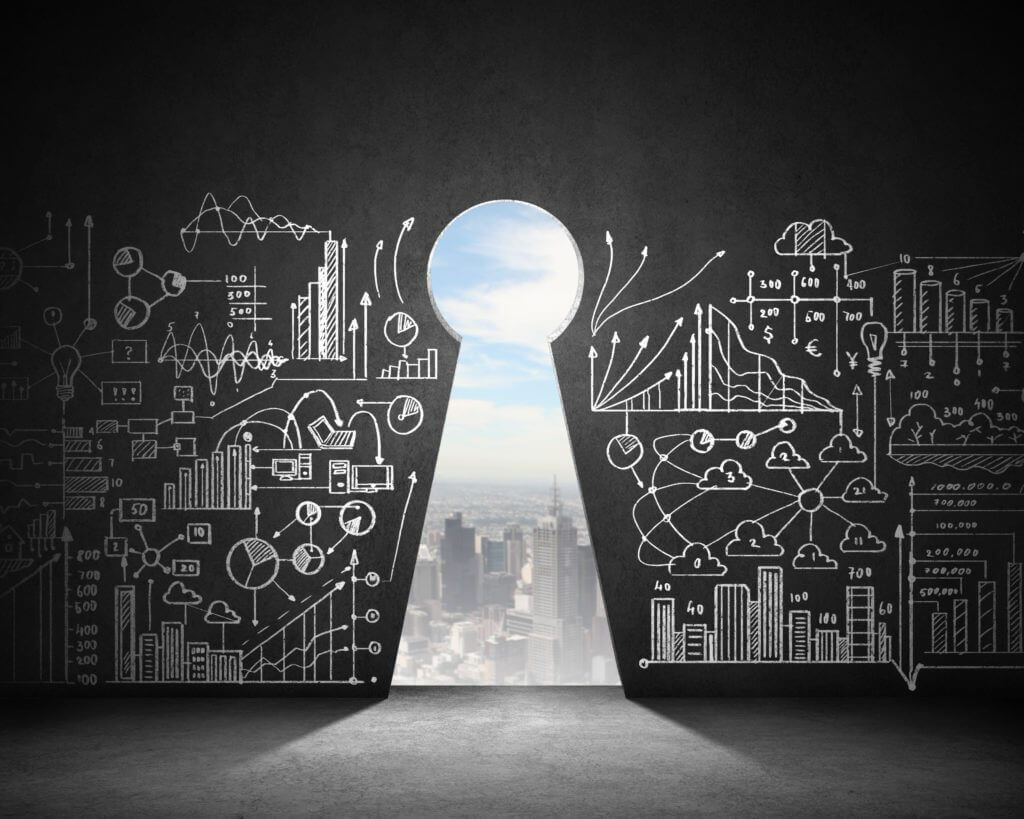
Data is everywhere. In our computers, in our phones, in the cloud, and virtually every kind of system or software that records information. Let’s just say there is a lot of data out there. Once you have all of your data, what next? We’ve talked about data platforms and their value to the hospitality industry, but there is still one important key factor that is crucial to gaining all advantages from a data platform’s ability to analyze and visualize, which lies in business intelligence.
What is a BI tool?
According to Investopedia, business intelligence (BI) is “the procedural and technical infrastructure that collects, stores and analyzes the data produced by a company’s activities. Business intelligence is meant to take in all the data generated by a business and present easy-to-digest performance measures and trends that will inform management decisions.” Essentially, it is the act of making data-driven decisions based on data analysis and data visualization in order to better a business’s strategy and success. While you might think this is simply common sense because once you have your analysis, wouldn’t you easily make better decisions? Not exactly.
Business intelligence isn’t as easy as it sounds because there are a lot of tools, processes, and factors involved that allow you to go from A to B where your data analytics become data-driven decisions.
What is the difference between a dashboard and a BI tool?
While dashboards are extremely relevant and useful to hoteliers, they lack the extra step that business intelligence tools offer. As a decision maker in any industry, analytics dashboards are essential to seeing how your business is performing, trends occurring in your performance, and other valuable facts produced from your data. BI tools, however, allow human beings to make more accurate decisions based on the data analysis to reduce costs, increase profits, and all in all, improve the business. While we as hoteliers are hired to make these decisions based on our knowledge and experiences, BI tools simply enhance our thought processes by guiding us to the right answers and facts that we might not have seen by glancing at our data dashboards. Instead of manually sorting through the data from a hotel’s PMS, POS, revenue management tools, reservation systems, etc., BI tools help speed up the manual work and automate the decision making efforts that would have taken hoteliers more time and effort to produce.
Types of BI tools and the key factors to look for in a BI tool
There are many BI platforms available to the hospitality industry with the objective of assisting your hotel with business intelligence decisions, however they differ by specialization. Some BI tools target independent hotels or enterprise groups, a few tools offer customizable features and niche products, while others are more specialized to certain processes like revenue management or F&B related decisions.




